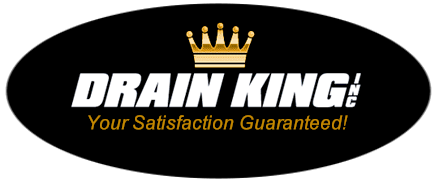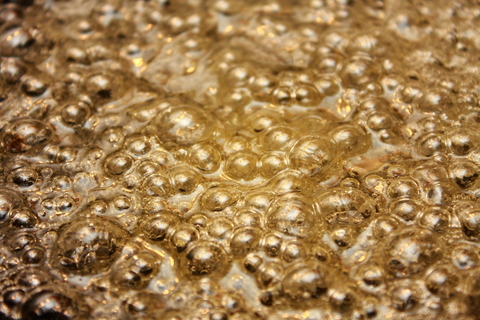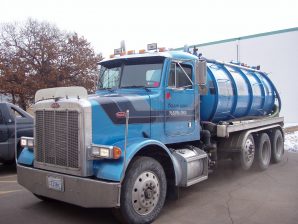Fat, oil, and grease can clog treatment systems, wastewater collection, septic tanks, holding tanks, and grease traps. Blockages cause water to overflow from holding tanks, leading to sewage spills. This can result in serious problems like property damage, environmental pollution, and health hazards. Restaurants that dispose of animal- and vegetable-based oil and grease wastes also contribute to this problem.
Institutions producing grease should ensure maximum control in order to evade these problems. In addition to damaging wastewater treatment, hazardous materials like mold and bacteria can enter the environment through the air and may lead to health problems once inhaled.
Winds transport untreated fat, oil and grease (FOG) materials to the environment. Untreated FOG materials can also attract pests like cockroaches, mice, and rats.
Disposal of FOG materials without treatment leads to their accumulation in pipelines. This makes it difficult to transport wastes to drainage lines, as they tamper with the smooth flow. Companies that dispose of large amounts of waste may be forced to stop their activities if blockage by FOG materials is not attended to urgently.
Grease causes serious problems, thus it needs serious attention. Below are some methods of effective grease control.
Establishment of Grease Arrestors
Arrestors are compact and lightweight and can be installed in existing or new facilities. They can be placed anywhere to help reduce disposal. They have an advantage over concrete ones because they are portable. Also, they are built with polythene and thermal plastics, which are anticorrosive. Devices like these are used in grease-cleaning facilities and to trap other chemical pollutants. Contact Drain King for information to on the use of arrestors and how they can help your business.
Establishment of Dosing Systems
This method is widely used in companies that deal with water treatment or use disinfected water. It makes sense for companies to invest in their own dosing systems. This device is easy to handle and install. Its maintenance cost is also low, which adds to its appeal.
Oil Grease Separator Device
This device prevents oil and other greasy wastes from mixing with sewer and stormwater. These machines help reduce problems that may arise due to contamination. Drain King advises companies to purchase these machines online to ensure they receive correct pricing and find the best dealers in the market.
Cleaning Sewers
Sewer cleaning is also another effective grease-control method. This helps to restore and maintain hydraulic capacity, thus preventing blockage or spills. Blockage can also occur after the sewers are cleaned, due to the nature of residential, industrial, or commercial discharges. Most cities keep records of performance at high-problem areas to ensure close supervision.
Cleaning of sewers is costly and resource-intensive. Therefore, if not performed consistently, it may not prevent all grease in these areas. In areas where cleaning is done at short intervals, extra effort might be needed to control the source of the problems. These efforts may include replacement of broken sections of sewer pipes or inspecting grease-removing equipment.




